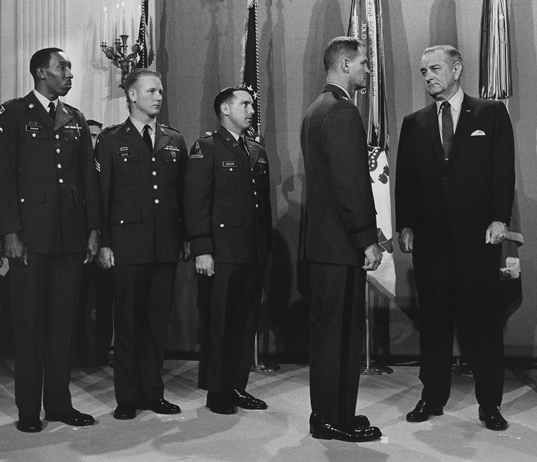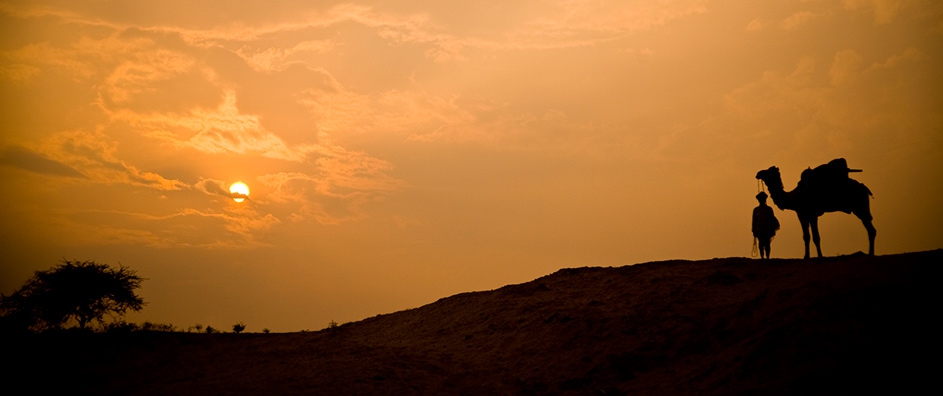The views expressed in our content reflect individual perspectives and do not represent the authoritative views of the Baha'i Faith.
I cannot think that we are useless or God would not have created us. There is one God looking down on us all. We are all the children of one God. The sun, the darkness, the winds are all listening to what we have to say. – Geronimo
God takes away the minds of poets, and uses them as his ministers, as he also uses diviners and holy prophets, in order that we who hear them may know them to be speaking not of themselves who utter these priceless words in a state of unconsciousness, but that God himself is the speaker, and that through them he is conversing with us. – Socrates
If in thirst you drink water from a cup, you see God in it. Those who are not in love with God will see only their own faces in it. – Rumi
…those souls whose inner being is lit by the love of God are even as spreading rays of light, and they shine out like stars of holiness in a pure and crystalline sky. – Abdu’l-Baha, Selections from the Writings of Abdu’l-Baha, p. 202.
Consider this for a moment: what’s the best, most giving, most selfless thing anyone has ever done for you? Seriously—think about it. Alright—got it? Hold that thought for a moment, while I tell you a war story. Don’t worry—I’ll only tell you the uplifting parts.

Men receiving the Medal of Honor after the war in Vietnam
In Vietnam, I saw some horrible things—but I also saw some incredibly selfless and heroic things. On at least two occasions, I saw people put their own lives in serious jeopardy so others could live. In one of those cases, a man almost died so a child he barely knew didn’t have to. I’ll spare you the gruesome details, but it filled me with awe and respect when I saw it happen, and I’ve never forgotten it.
Has anyone ever done anything like that for you?
It’s an amazing experience to witness such enormous kindness, compassion and depth of love. But in war, I learned, many people don’t think of those sorts of actions as heroic or even that unusual. You’re trained to do certain things, and in life-threatening situations, when your training kicks in, you react immediately. You don’t think about it at all, because you don’t have time—your reflexes just do what needs to be done, long before your mind can contemplate the consequences. That’s why every decorated “war hero” I’ve ever known scoffed at the term and rejected the label.
I’m sure you can think of much more heroic–and much less reflexive–altruistic actions. For example: to raise children, the parents depriving themselves so their little ones can learn, grow and thrive. How about suffering over the long-term, voluntarily and in a spirit of sacrifice, for others? Or even more profound: to carry out that suffering for all humanity, regardless of the personal cost. We revere the people who do these kind of things for our collective benefit, and think of them as the most loving and giving types of human beings imaginable.
The prophets of God exemplify that kind of heroic, altruistic and sacrificial giving. That’s one of the reasons we follow them—because their example of purity and selflessness inspires us. Their collective lives contain every imaginable kind of suffering, offered freely and lovingly so humanity can learn, progress and develop spiritually. Christ’s life; Buddha’s deprivations; the terrible trials of Abraham, Moses, Krishna and Muhammad; The Bab’s martyrdom, Baha’u’llah’s repeated torture, exile and forty years of imprisonment—all were voluntarily given in the spirit of love and carried out for the greater good. The Baha’i teachings call this sort of sacrifice “the highest attainment for the world of humanity:”
Consider how the greatest men in the world — whether among prophets or philosophers — all have forfeited their own comfort, have sacrificed their own pleasure for the well-being of humanity. They have sacrificed their own lives for the body politic. They have sacrificed their own wealth for that of the general welfare. They have forfeited their own honor for the honor of mankind. Therefore it becomes evident that this is the highest attainment for the world of humanity. – Abdu’l-Baha, Foundations of World Unity, pp. 42-43.
God sent all His Prophets into the world with one aim, to sow in the hearts of men love and goodwill, and for this great purpose they were willing to suffer and to die. – Abdu’l-Baha, Paris Talks, p. 106.
The teachings of all of these prophets of God built our civilizations, established our laws and brought about an enormous harvest of love. The prophets did it because they loved you—not in an abstract, remote sense, but in a real, personal and yet universal way.
Now another prophet of God has come:
We must use our utmost endeavors in order that the Holy Spirit may influence minds and hearts toward peace, the bounties of God surround, the divine effulgences become successive, human souls advance, minds expand in wider vision, souls become more holy and the world of humanity be rid of its great menace. For the betterment of the world Baha’u’llah endured all the hardships, ordeals and vicissitudes of life, sacrificing His very being and comfort, forfeiting His estates, possessions and honor — all that pertains to human existence — not for one year, nay, rather, for nearly fifty years. During this long period He was subjected to persecution and abuse, was cast into prison, was banished from His native land, underwent severities and humiliation and was exiled four times… He endured these ordeals and difficulties in order that this earthly human world might become heavenly, that the illumination of the divine Kingdom should become a reality in human hearts, that the individual members of mankind might progress, the power of the Holy Spirit increase its efficacy and penetration and the happiness of the world of humanity be assured. He desired for all tranquillity and composure and exercised loving-kindness toward the nations regardless of conditions and differences. He addressed humanity, saying, “O humankind! Verily, ye are all the leaves and fruits of one tree; ye are all one. Therefore, associate in friendship; love one another; abandon prejudices of race; dispel forever this gloomy darkness of human ignorance, for the century of light, the Sun of Reality hath appeared. – Abdu’l-Baha, The Promulgation of Universal Peace, p. 322.
















Comments
Sign in or create an account
Continue with Googleor